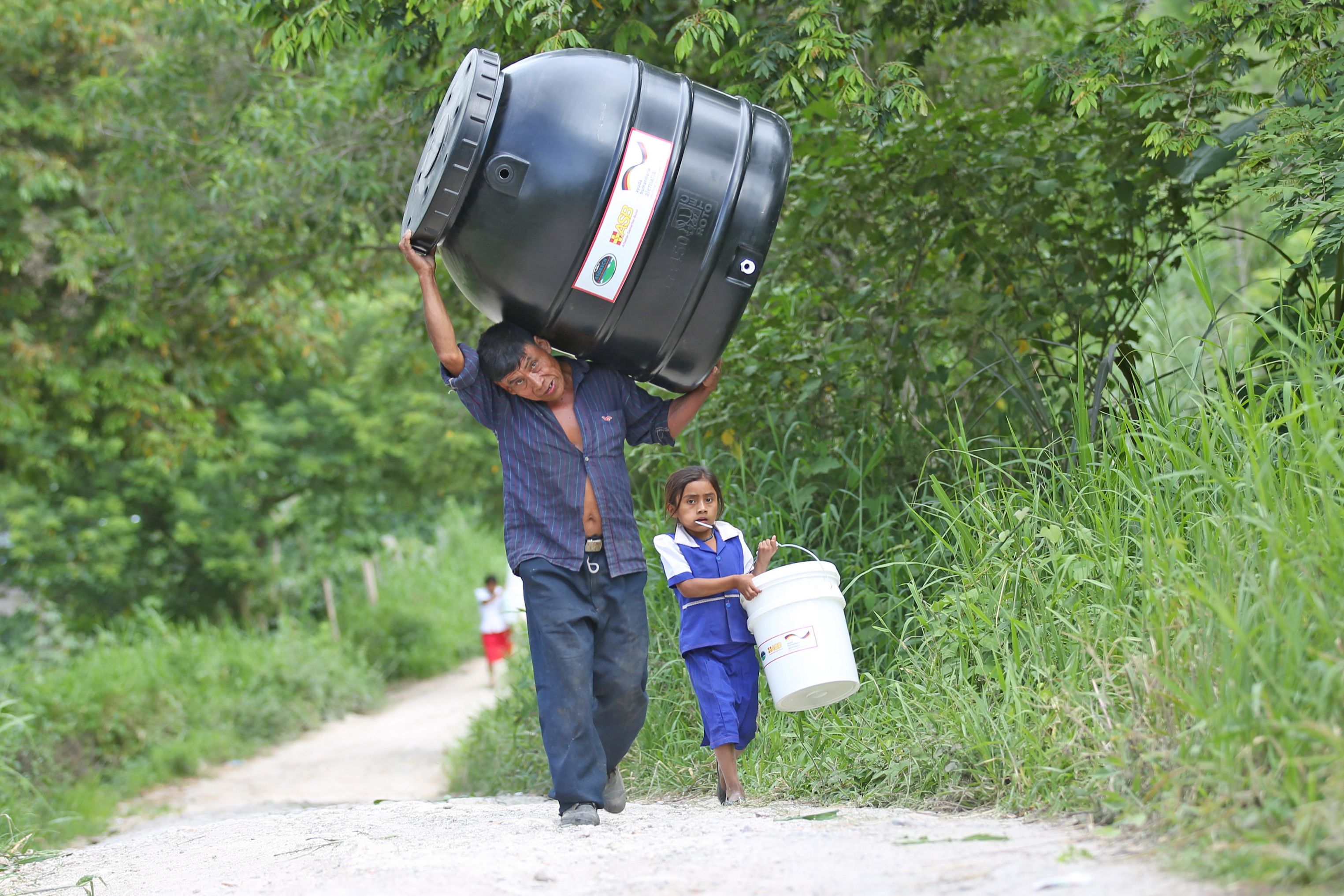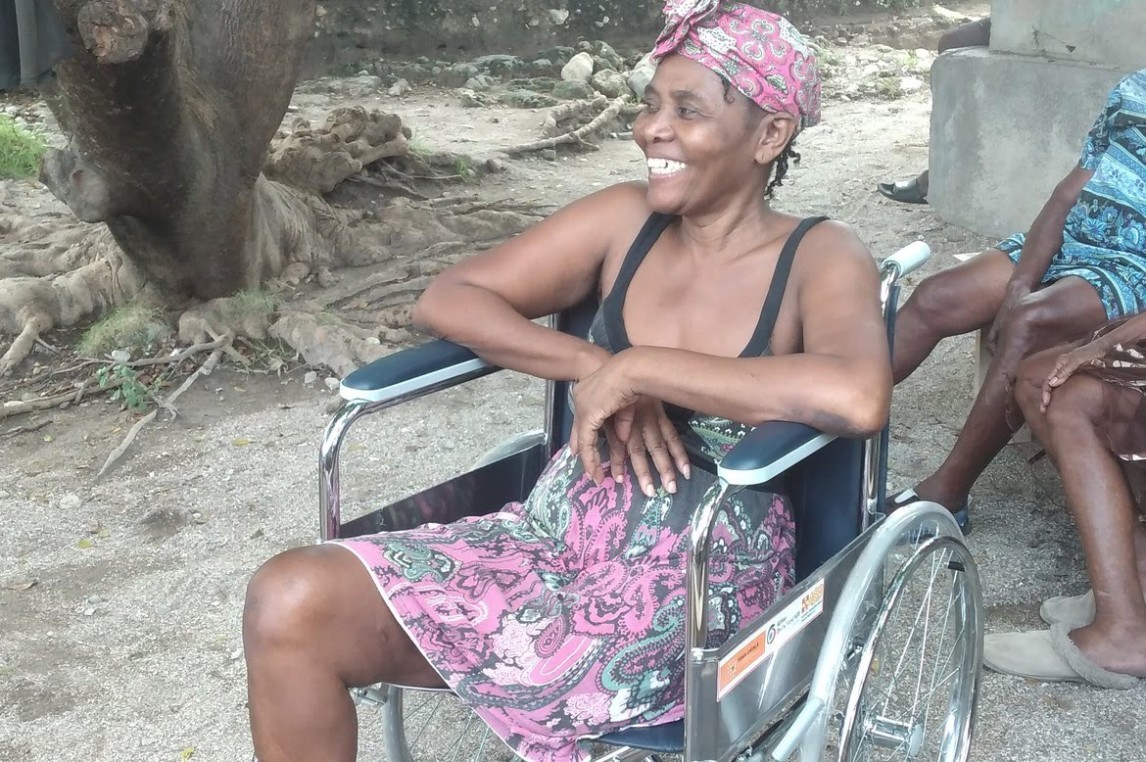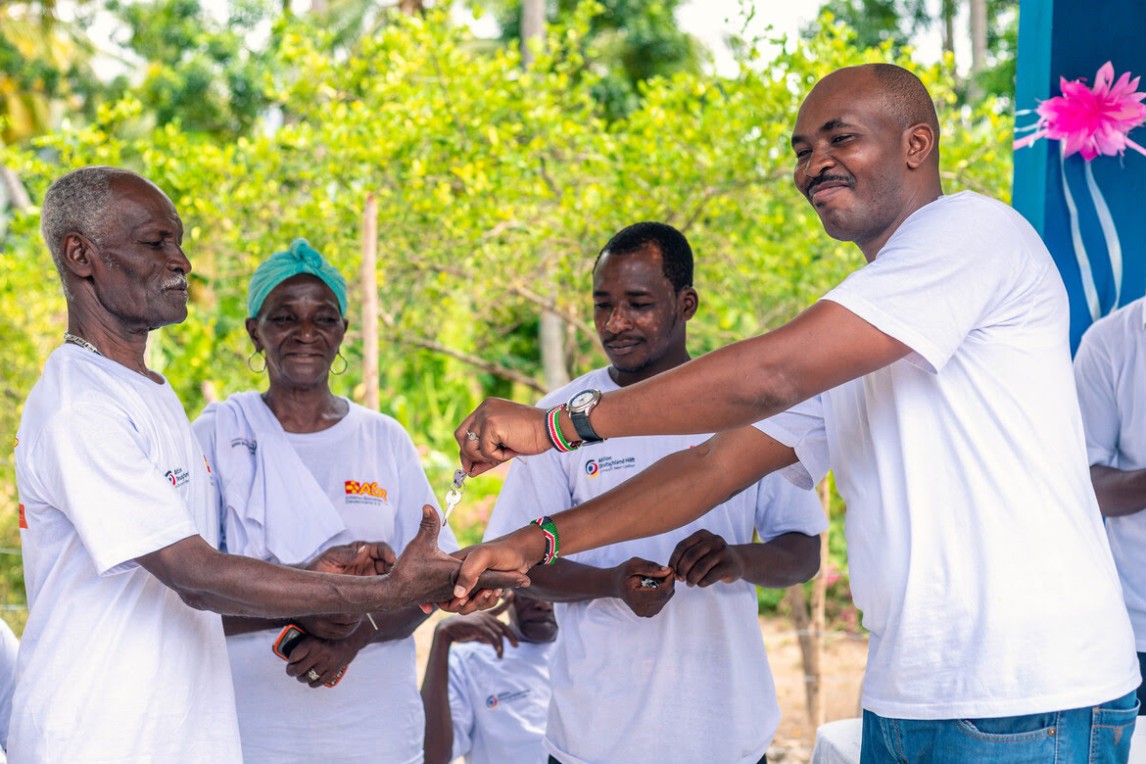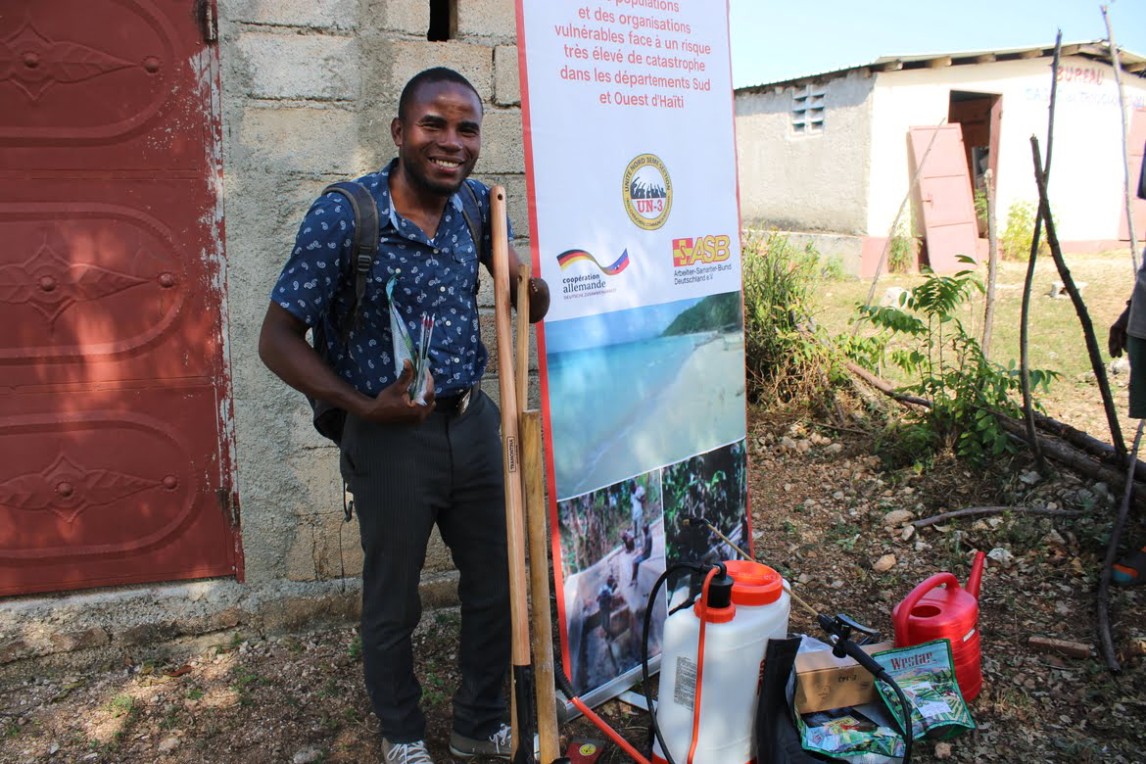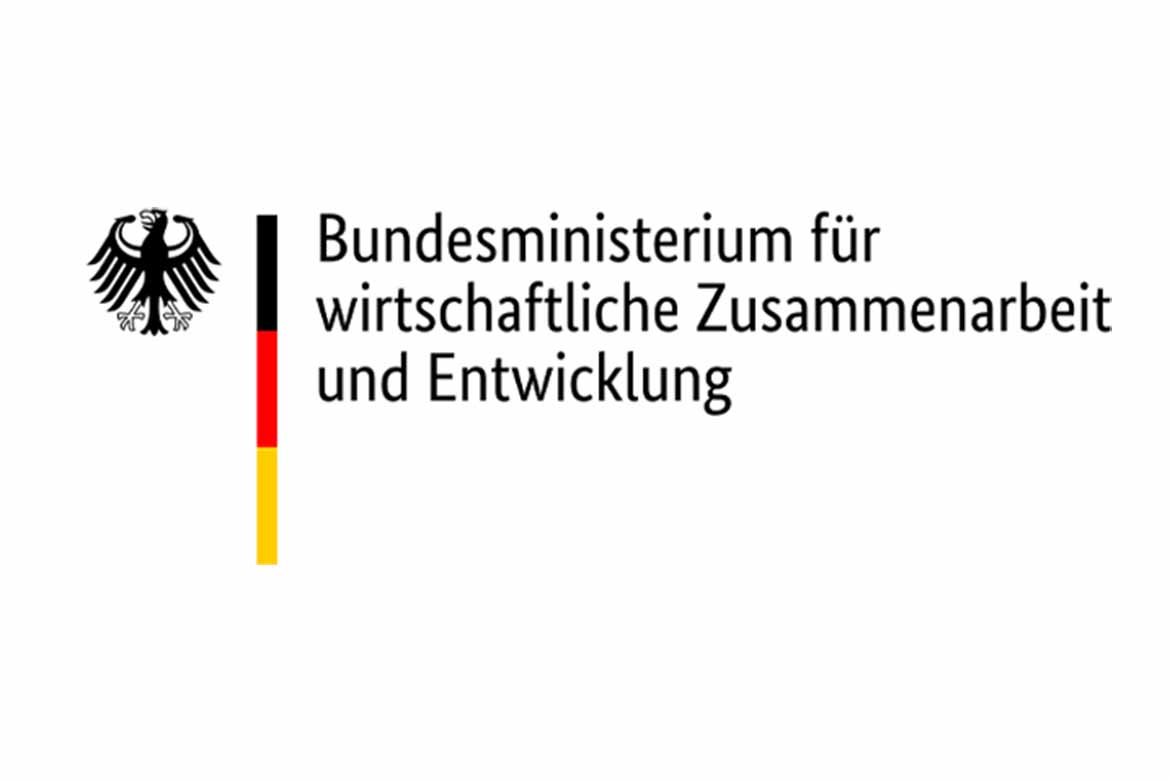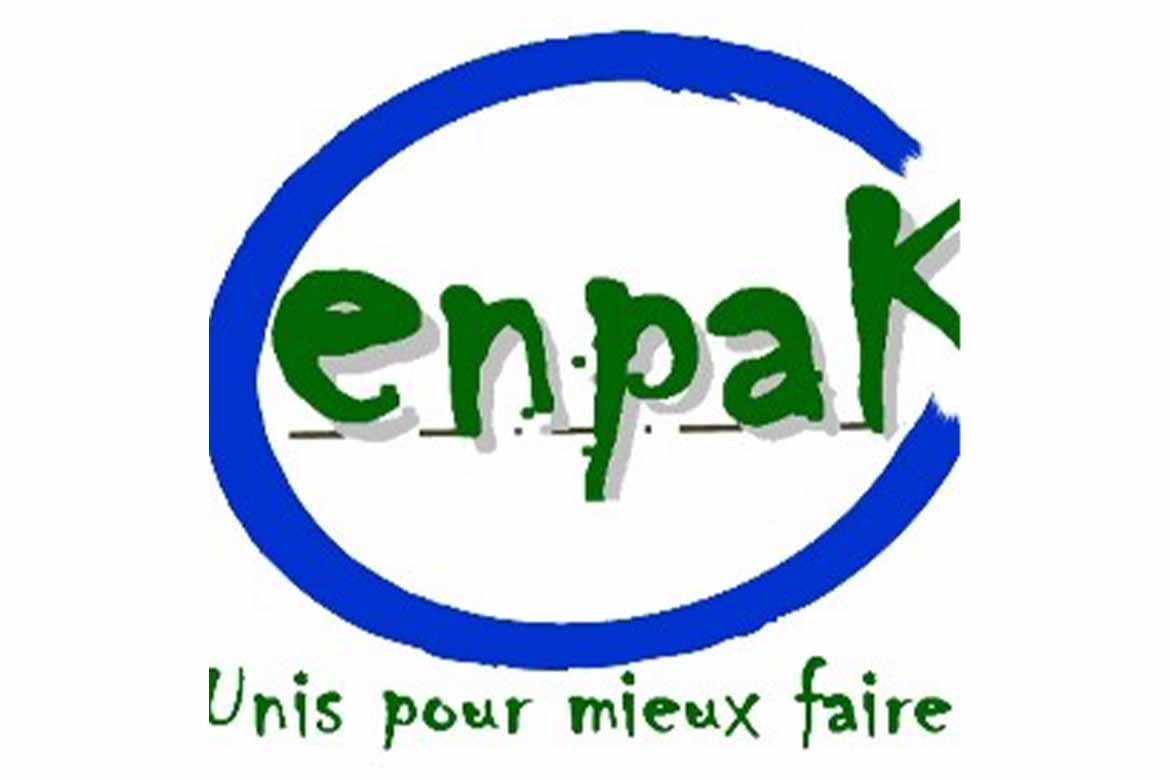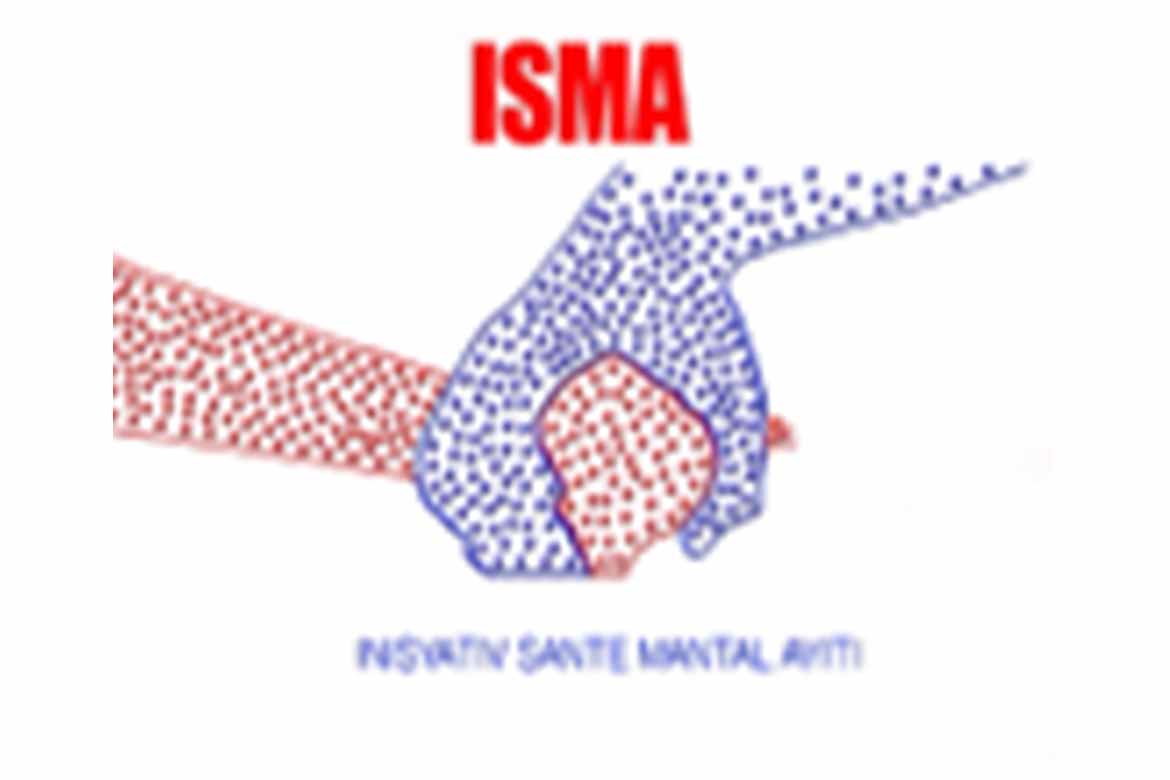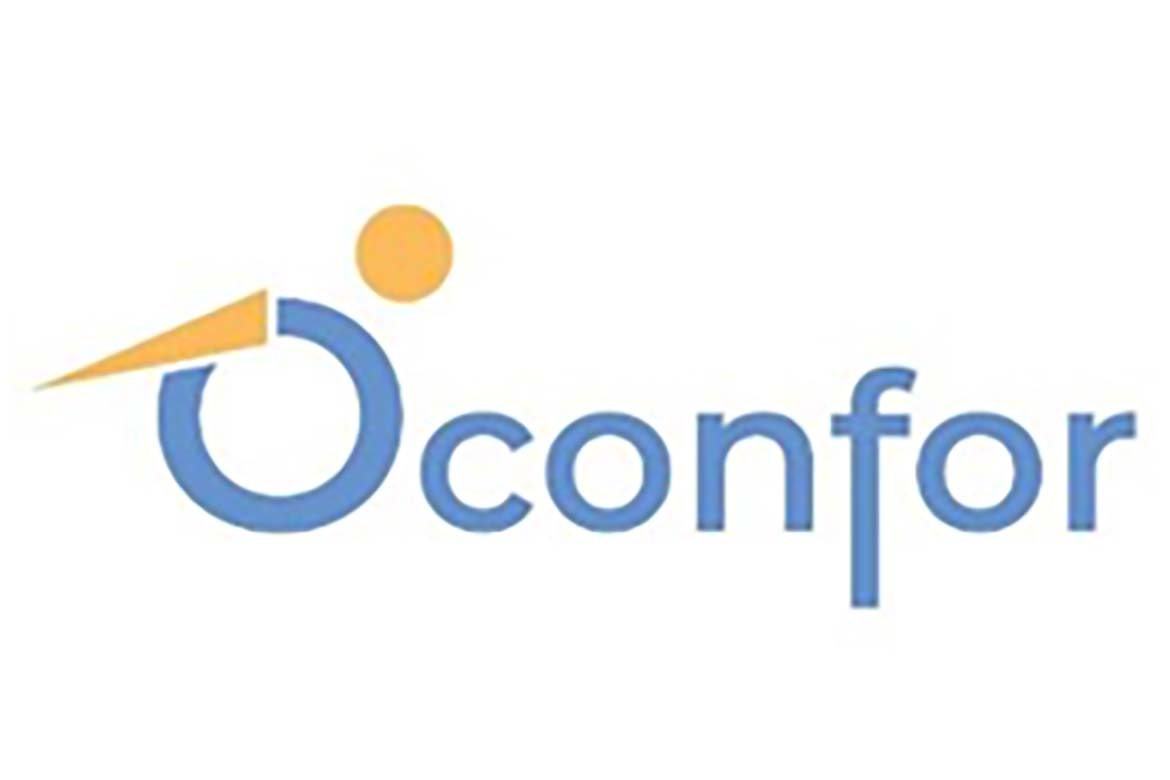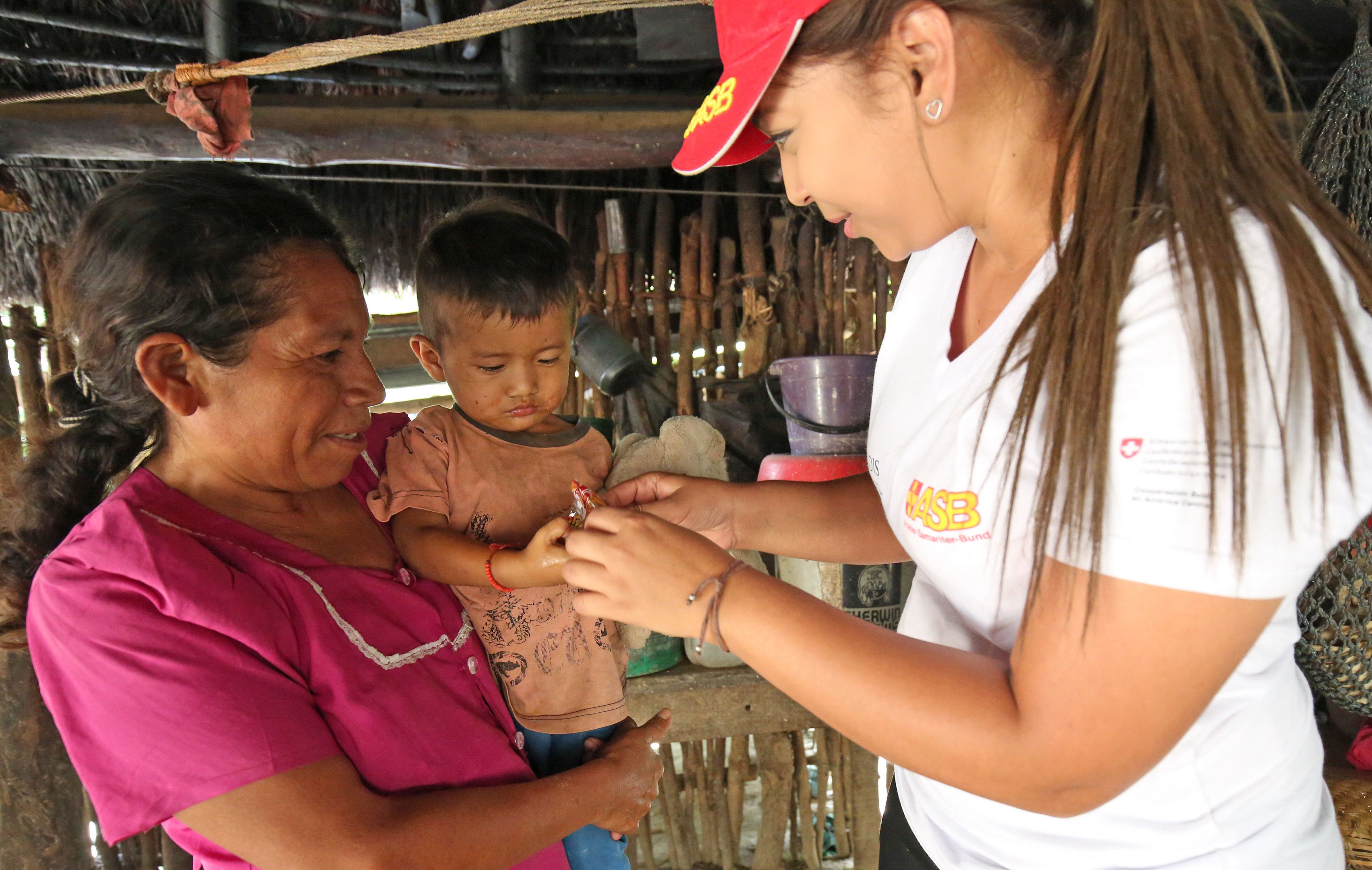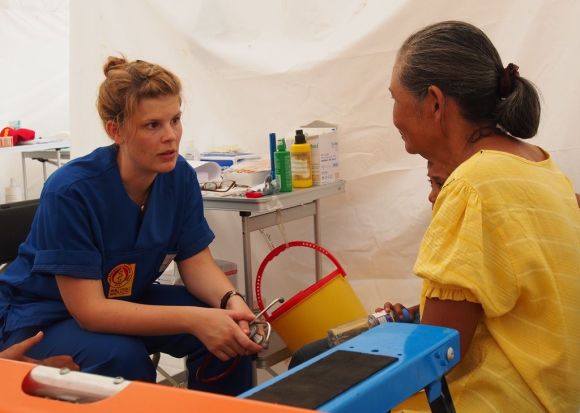-

Project title: Strengthening the political, social and economic participation of people with disabilities in exercising their rights in Haiti
-

Project country: Haiti
-

Financing: Federal Ministry for Economic Development and Cooperation (BMZ) and ASB’s own resources. Partner organisations are the Haiti Mental Health Initiative, Engagement, Participation and Capacities (ENPAK) and the Organisation for Counselling, Education and Research on Accessibility and Inclusion
-

Project volume: € 1,111,111.00
-

Project duration: 15/11/2021 to 14/07/2024
-

Target group: 2,560 direct beneficiaries in the four departments of the country (people with disabilities and their families)
